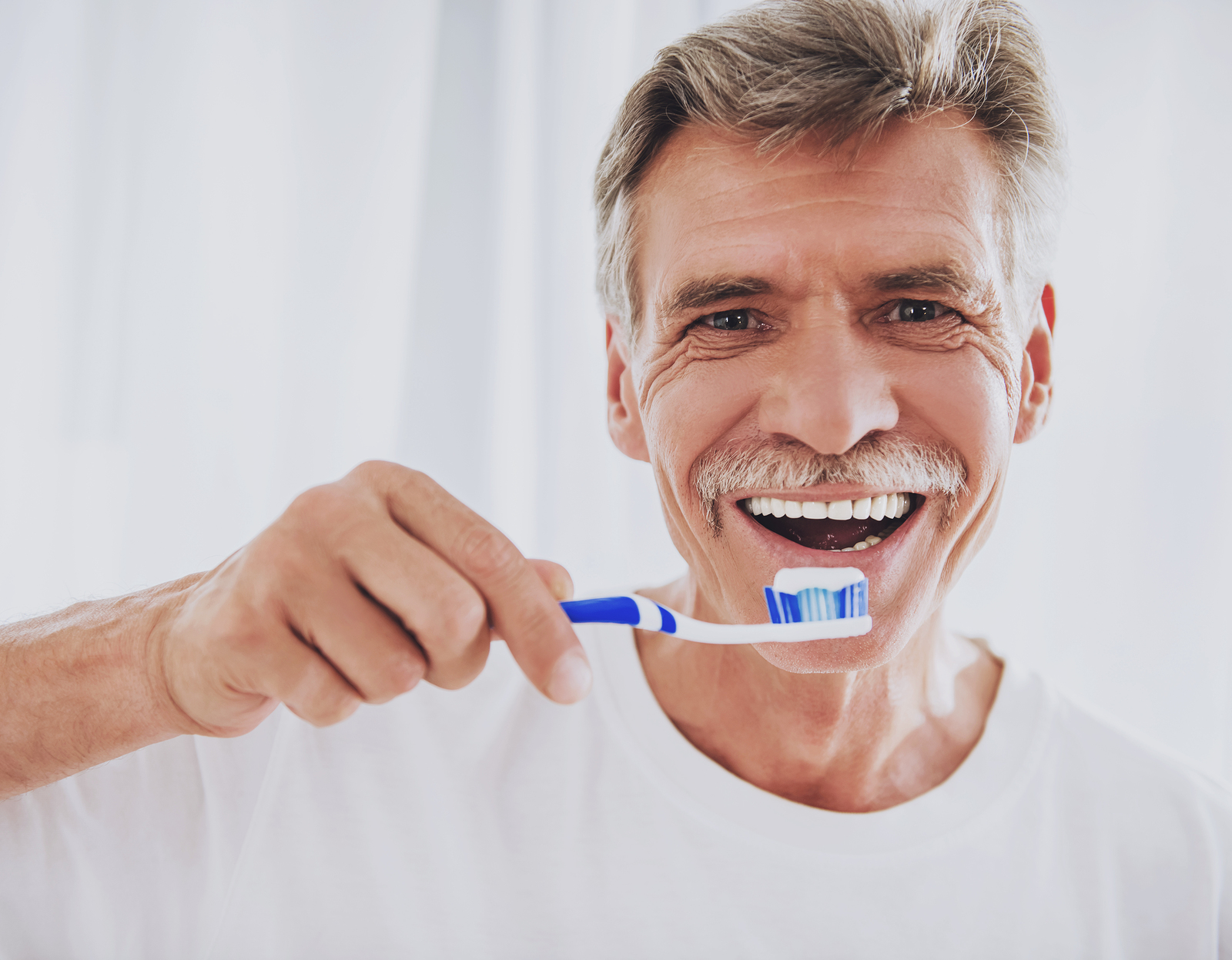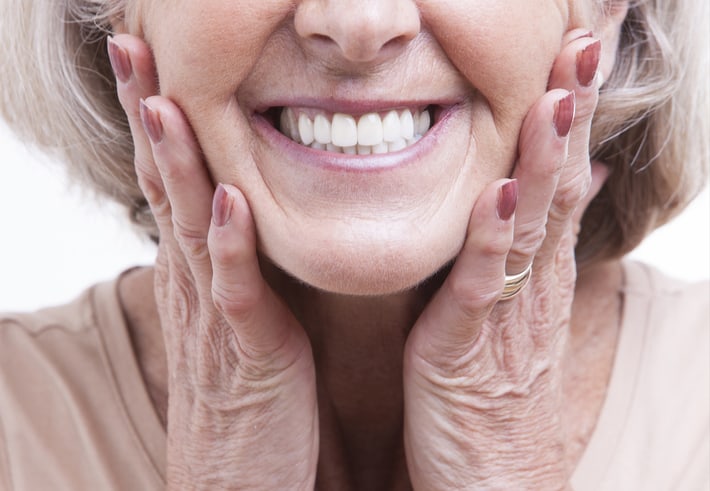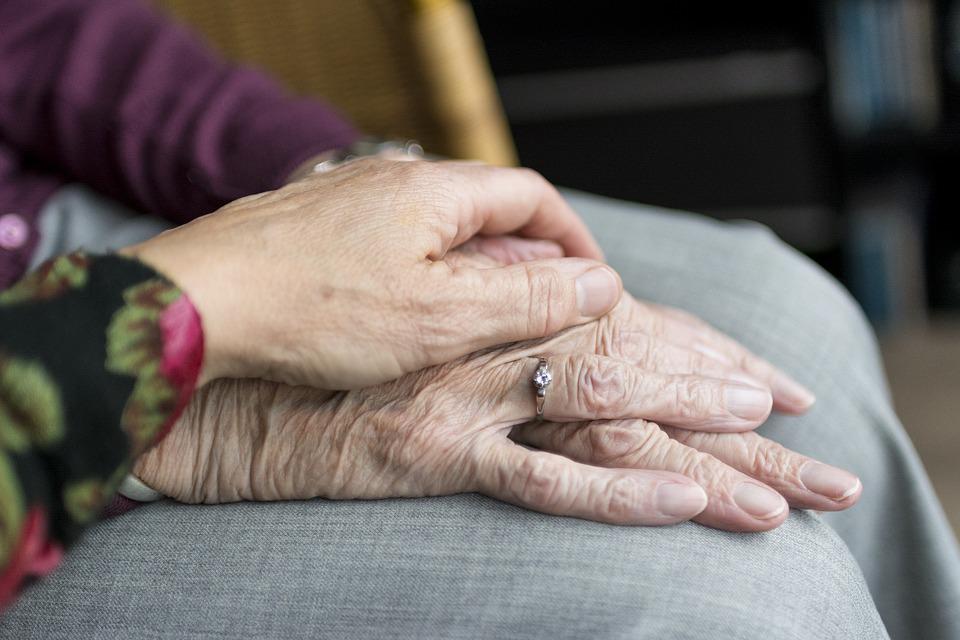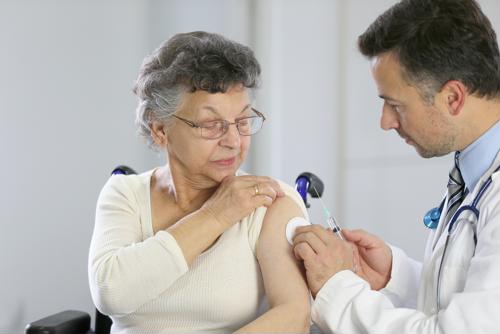Oral hygiene is essential at any age, but it is especially crucial for the elderly because poor dental health can affect their overall health. So what can you do to protect your overall health and keep your teeth healthy into old age? Here are some tips!
1) Go to the Dentist
The first thing is to make sure you still visit the dentist. Some older adults believe that because they brush and floss their teeth daily and take good care of their oral health, they don’t need to go to the dentist. However, regular cleanings and dental checkups are the best way to detect problems such as gum disease, oral cancer, and tooth decay.
2) Dentures Should Be Kept Dry, Not in Water
This is also mentioned in the guidelines. When you receive your dentures tomorrow, it is recommended that you place them in a bowl of water every night. However, medical institutions do not change this water daily, leading to bacterial growth.
After removing your dentures, clean your mouth yourself. Almost no one does it, but using gauze, a toothbrush, or the tip of a towel to wipe along your cheeks and gums can make a big difference. There is always food stuck somewhere in the mouth. You can also massage the cheeks and palate using this technique.
3) Medications and Oral Hygiene
Many older adults have dry mouth due to certain medications they take daily. Medicines for high blood pressure, asthma, cholesterol regulation, arthritis, etc. can decrease saliva production. Dry mouth can cause tooth decay and gum disease, so it is essential to inform your dentist of any medications. Your dentist may recommend an oral spray or mouthwash as a dry mouth remedy. As we age, we need to keep our mouth lubricated because saliva helps to kill bacteria and prevent enamel fading. Drinking enough water throughout the day also helps.

4) Have a Balanced Diet
Without proper nutrition, teeth and gums are more susceptible to decay and loss of strength. In addition, the jaw and facial bones must be strong to maintain the teeth, but without a healthy diet, this is not possible. Stick to healthy snacks such as fruits, vegetables, and non-acidic fruits (acids destroy tooth enamel). Ensure you consume adequate amounts of lean protein and minimize (or preferably avoid altogether) sugar intake.
5) Sensitivity
Over brushing can cause sensitivity in an aging mouth. Regular wear from chewing can also cause sensitivity. Tell your dentist if you experience pain when consuming hot foods or cold drinks. The dentist may recommend other dental care, such as toothpaste for sensitive teeth or veneers to protect the teeth from further enamel loss. A good home remedy for sensitivity is to brush the teeth gently with a soft-bristle toothbrush only twice a day. Rough brushing may seem to remove more plaque and food debris, but it can damage tooth enamel and cause gums to recede.
6) Increase Your Calcium Intake
This mineral is essential for strong teeth and healthy gums and is found in various foods, including milk and dairy products, salmon, brown rice, and peas.

7) Flossing
Floss at least once a day to remove food debris between your teeth. If you have trouble cleaning between your teeth, there are flosses on the market that are more or less tooth-friendly, or you can use an interdental brush.
8) Fluoride
Older adults should add fluoride to their toothpaste to keep their teeth healthy and strong. Ask your dentist to recommend a fluoride-rich toothpaste or rinse that can be incorporated into your daily oral care routine.
Oral health care is especially important as we enter our golden years. Age is not something that should stop visits to the dentist. The healthier your teeth and gums are, the fewer problems you will face in the future!







